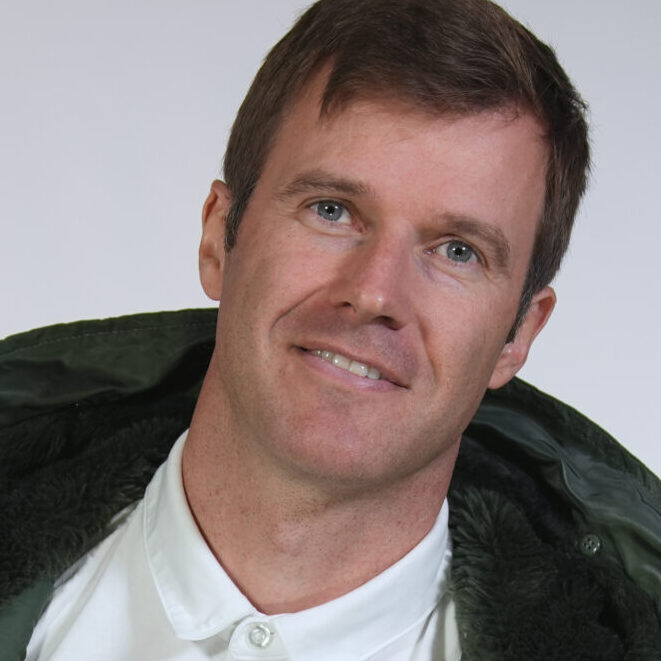Robert Schuman is the Father of Europe. The European Parliament has bestowed onto him this extraordinary honour. In addition, we commemorate Europe Day on 9 May in honour of Mr. Schuman’s unwavering will to bring Europe together. To learn more about the founding of the European Union, please keep reading.
Destructive warfare plagued Europe throughout the middle of the 20th century. On 9. May 1950, five years after the War, French Foreign Minister Robert Schuman and his political colleagues proposed to establish a European Coal and Steel Community, which was to be placed under the control of a common High Authority. We refer to this action as the Schuman Declaration. It was the beginning of united Europe and a work to make sure a new war between historical rivals like France and Germany, would be unthinkable and materially impossible. The purpose of this declaration was to remove the toxic competition between the member countries, to create interdependence in coal and steel making it impossible for one to deploy its armed forces without the knowledge of others. And, to ease the distrust and tensions after the war. To achieve these goals the Schuman Declaration proposed among other things, a cooperation with coal and steel industries by freeing these industries from all customs duty and differential transport rates. The High Authority was to set control over cartels and monopolies and eventually remove them from the industry.

43 years later after the presentation of the declaration the European Union (EU) was formally established. But, since some of the contemporary features are the same as in the declaration it is frequently asserted that the EU was founded on 9. May, 1950. This is also the reason why this date is chosen to mark European Day. We are reminded of some of the fundamental principles of the European Union on this day, including the promotion of justice, security, and peace without regard to national boundaries and a to support the robust internal market. The modern values now are equivalent to values set on the declaration eighty years ago.
The aforementioned High Authority was founded and came into effect on 23. July, 1952. Six nations participated in the treaty: Belgium, The Federal Republic of Germany, France, Italy, Luxembourg and Netherlands. The agreement established a High Authority, a Common Assembly, a Special Council of Ministers and a Court of Justice, which were to become the institutions of the European Union as we know them today: the Commission, the Parliament, the Council and the Court of Justice.
I believe we call the Schuman Declaration to be the start of united Europe and Robert Shuman being the father of Europe because he was a man who succeeded in his mission. When things go extremely awful, there is frequently a drive for something new to emerge. A well-known tale from Greek and Egyptian mythology is the ascent of the phoenix. A legendary bird that symbolises renewal and rebirth. Before the time for the bird to die, the Phoenix builds a nest and sets itself on fire. And from the ashes, a new Phoenix will emerge. It feels just like this happened to Europe in the 20th century. Furthermore, I could picture past leaders envisioning a united Europe before Robert Schuman’s time. They differ from him in that they were frequently aggressive in their acts and ultimately failed in their attempts to unite or conquer Europe through force. Robert Schuman brought us together by kind agreements. And thanks to him, Europe is currently experiencing the longest period of peace in its history, despite the fact that the conflict between Russia and Ukraine poses a serious threat to this peace. Our generation’s responsibility is to continue the work of Robert Schuman and create a successful, peaceful, and unified Europe for the next 80 years!

Why the declaration carries the name of Robert Schuman’s rather than someone’s from one of the member countries is one unanswered question I was unable to find the time to investigate. Also, what does it take for a man to pursue a career like mr. Schuman had and ended up as a trusted leader whose name is etched on a statue, is an interesting question to ponder.
Sources:
- European Council website about Schuman Declaration: https://www.consilium.europa.eu/en/70-schuman-declaration/ [27.02.2024]
- The Schuman Declaration, Luxembourg Center for Contemporary and Digital History website: https://www.cvce.eu/en/obj/the_schuman_declaration_paris_9_may_1950-en-9cc6ac38-32f5-4c0a-a337-9a8ae4d5740f.html [27.02.2024]
- European Union website: https://european-union.europa.eu/principles-countries-history [27.02.2024]
- The Rise of Phoenix https://www.birdnote.org/listen/shows/legendary-phoenix [28.02.2024]
- Some of the text has been enhanced by AI technology QuillBot: https://quillbot.com/ [28.02.2024]
Pictures:
- Robert Schuman European Assembly https://en.wikipedia.org/wiki/Robert_Schuman#/media/File:Schuman_European_Assembly.jpg [28.02.2024]
- The monument “Homage to the Founding Fathers of Europe” https://en.wikipedia.org/wiki/Robert_Schuman#/media/File:Robert-Schuman_Monument_Scy-Chazelles.jpg [28.02.2024]
- Man with the European logo shirt Photo by Henri Lajarrige Lombard on Unsplash https://www.instagram.com/henri.lajarrige.lombard/ [28.02.2024]


Leave a Reply